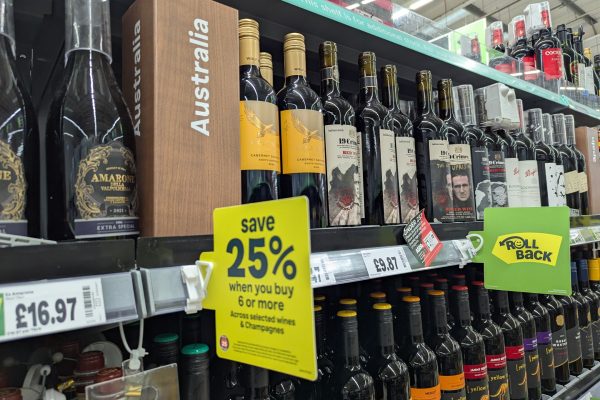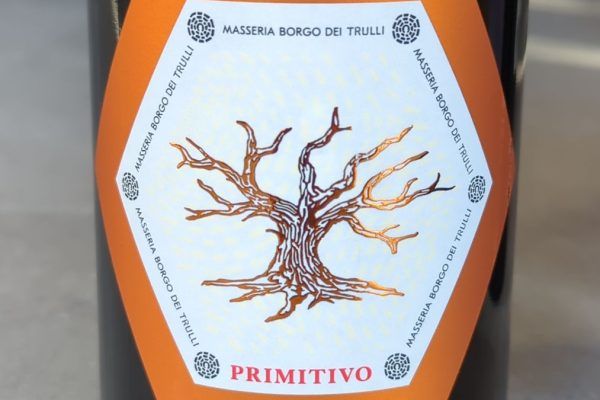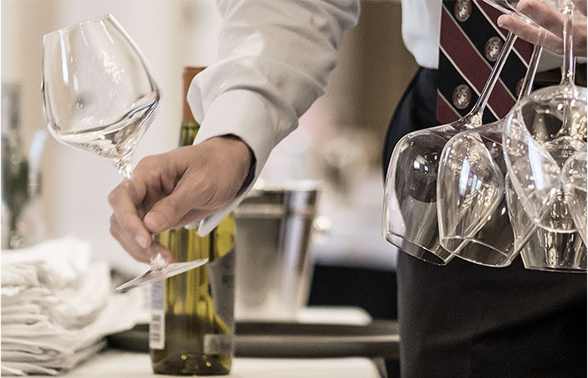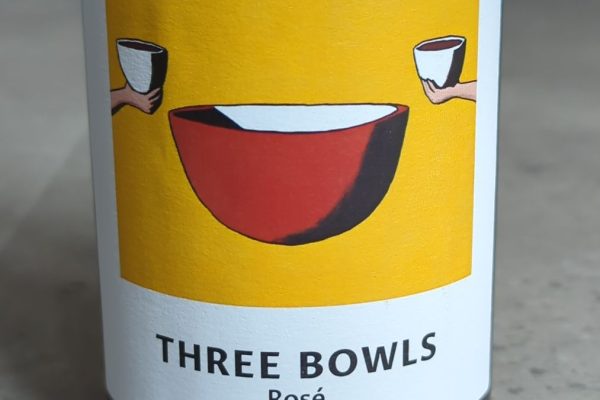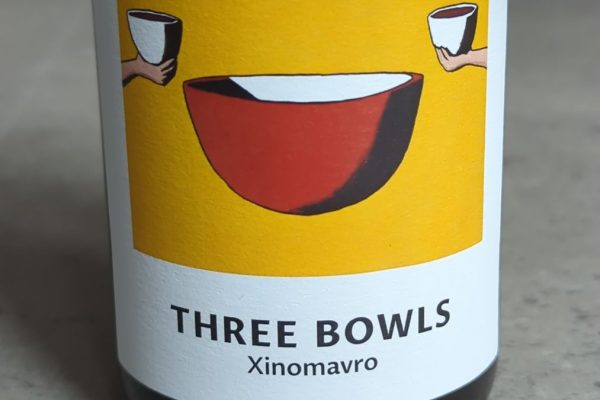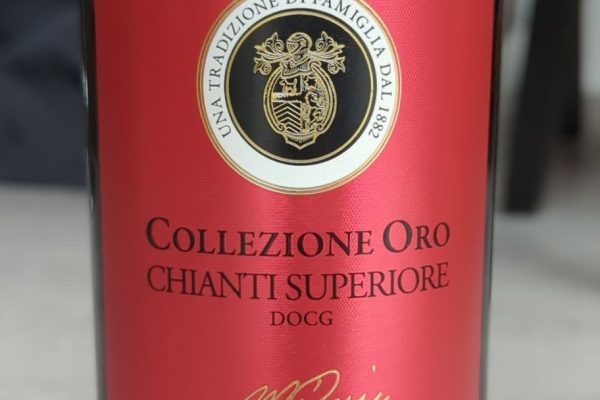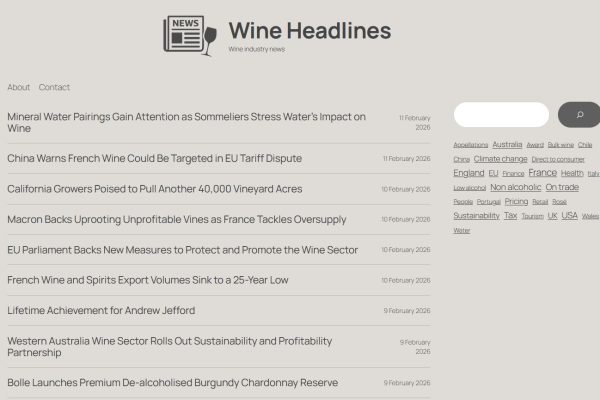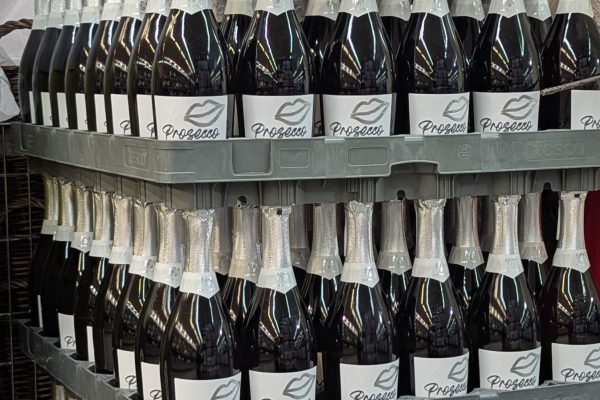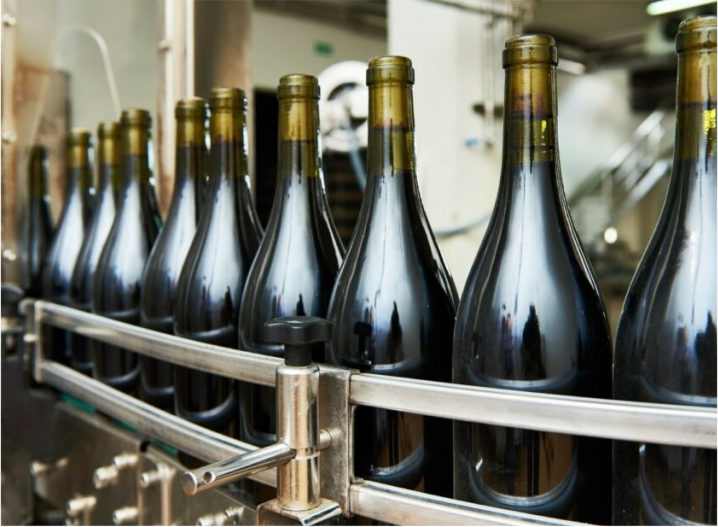
The wine industry is increasingly under scrutiny for its environmental impact, particularly its carbon footprint. A recent report by Dr. Peter Stanbury, prepared for the Sustainable Wine Roundtable (SWR) (pdf), has shed light on the significant but often overlooked aspect of the weight of wine bottles.
The report reveals that the single largest source of carbon emissions in the wine industry is the glass bottle. This is attributed to the energy-intensive manufacturing process and the emissions generated during transportation. To address this, the SWR has announced a Bottle Weight Accord which aims to reduce the average weight of a 750ml still wine bottle from approximately 550 grams to below 420 grams by the end of 2026.
The transition to lighter bottles is not without its challenges. On the consumer side, there’s a prevailing perception that heavier bottles signify better quality wine. This could potentially affect sales if bottles are made lighter. However, the report counters this notion, stating that there’s no strong evidence to support this perception. Brands have successfully transitioned to lighter bottles without affecting consumer opinion.
On the supply side, there’s a belief that lighter bottles are more fragile and would require more packaging, thereby negating any carbon savings. The report debunks this myth by stating that the carbon footprint of additional cardboard packaging would not outweigh the benefits of using lighter glass.
Thus far, the list of participants in the Bottle Weight Accord comprises Sweden’s influential Systembolaget monopoly, as well as Whole Foods Market and Naked Wines USA from the United States. From the UK, Laithwaites, Lidl GB, Naked Wines UK, Virgin Wines, Waitrose and The Wine Society have also joined. There’s more information on the Sustainable Wine web site.






